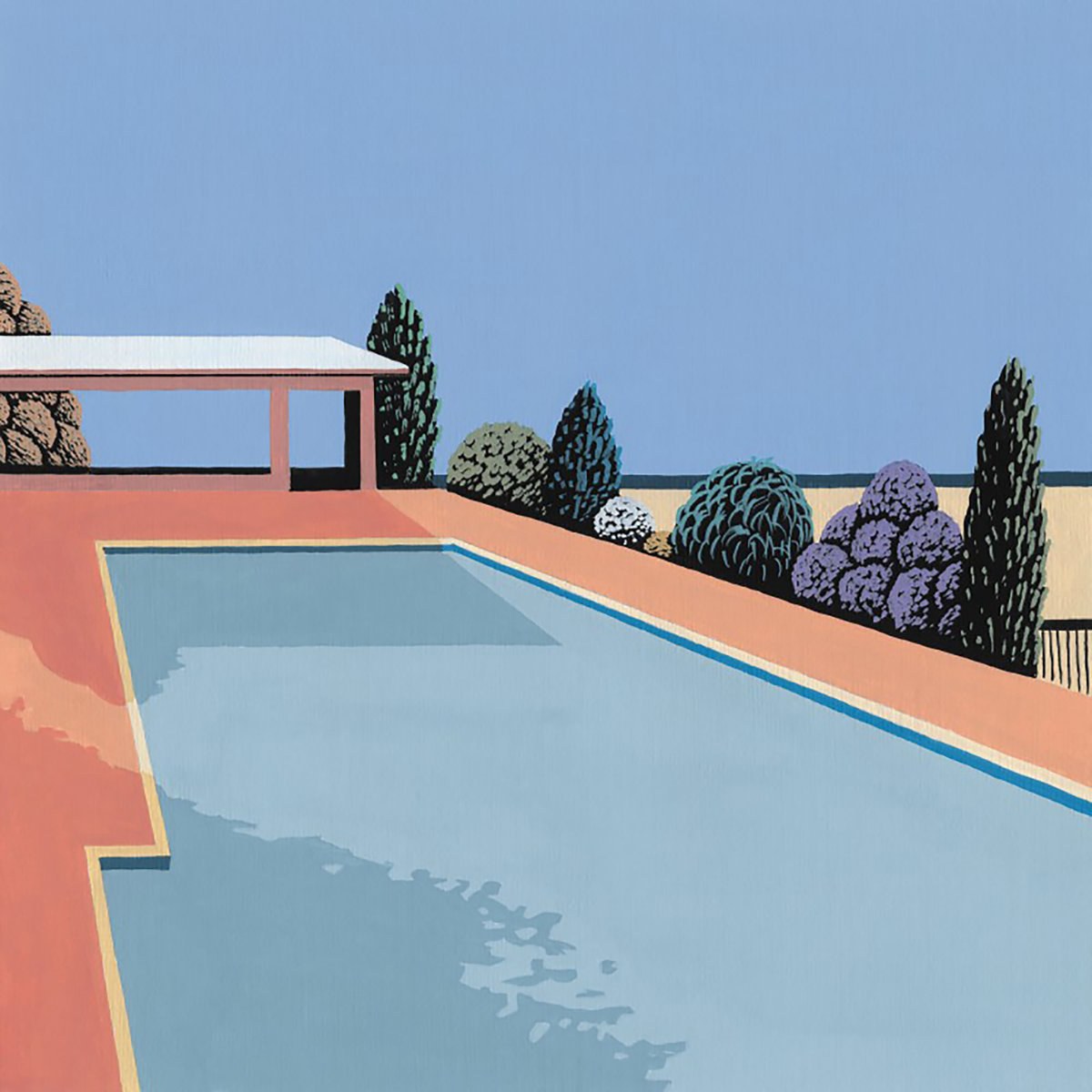It was time for Christopher Duncan to leave the bedroom behind.
Duncan's two previous releases, including the Mercury Music Prize nominated Architect, brought him critical acclaim for his intimate, immersive indie pop. A third such recording would have been understandable, but Duncan's musical interests had taken a turn.
While touring in support of his second record The Midnight Sun, Duncan garnered a spot supporting Elbow both at home in the U.K. as well as the U.S. A burgeoning friendship with Elbow keyboardist/producer Craig Potter gave way to a working relationship, resulting in Duncan's third release, Health.
For longtime fans, the results will be surprising (and stunning). Health expands and contracts, soars and settles. It's an organic move that makes sense yet it also shifts Duncan's musical career in significant ways.
The last time we spoke, you were mid-stride on a tour with Elbow and coming off of two bedroom recordings. Now I'm getting the first takes from Health and it's such a sonic leap forward. What's the impetus for the change?
The reason I decided to go into the studio was because of Elbow. We'd toured around the U.K. and the States and got to know them really well. I'd listened to their music a lot, and their music is just so clean and so big. They're really well-produced records. I thought, 'I want a bit of that.' [Laughs] It turns out their keyboard player, Craig, is also their producer.
We were very friendly on tour and we started speaking about the possibility of working together on the record. He was excited by the idea, so it seemed like a natural progression having worked with them. Had it been with anyone else, another producer, I would have spent a lot longer thinking about whether to do it or not, but because I knew Craig or got to know him, it was the natural thing to do.

I also wanted to get out of the way of doing everything myself. As much as I enjoy writing and recording alone, it was time for me to open up the process. I wrote all the songs myself. I demoed the songs. But it dawned on me that there's a lot of production and mixing that I don't know anything about. Why not just get people who know what they're doing to help? That was really the starting point, and the result is better than anything I could have made myself.
Was that a part of the initial conversation with Craig, that you could have a more expansive sound? Just curious when you make that decision to go so much bigger?
I'd already demoed the songs and I'd done them to the same standard that, in the past, would have gone on a record. I have what is essentially the third bedroom record, so I sat with those songs for quite some time. Letting go of them and having that conversation of how we'd do parts... I didn't think I was pushing control to Craig because I feel like I'd already done my part. When we started talking, I could already start to send him material to get his head around it, He could come out with suggestions for strings or a choir and all sorts of things. Again, he didn't come in and say, "We need to change things up." Instead, we sat with the songs for a while and fired ideas off at each other.
How big is the difference between the demos that you had and the final product?
Musically they aren't different at all. We didn't change too much of the actual music itself. It's just the sound of the thing. There's space in the version we did in the studio. The ones I do, I tend to layer and layer vocals utnil you have these very reverb drenched, dreamy things which are very unclear. That was fine for the first couple albums. I think the biggest difference is that clarity. Craig knows how to create space within the recording no matter how much is going on. You can still pinpoint every single little thing which is something I don't know how to do. It takes real skill to be able to do that.
You're describing some restraint in there. Was it hard for you to give that away and have them pull back?
No it wasn't actually. That's one of the reasons I wanted to work with Craig as well was because I knew that's what he did really well. We did add stuff as well, but particularly when it came to my layered vocals of which there used to be 40 tracks per song... [Laughs] So I was already used to the idea that Craig would clean things up a bit.

